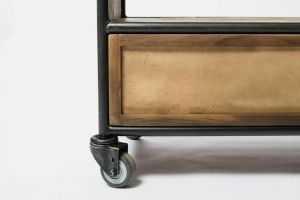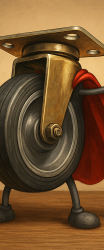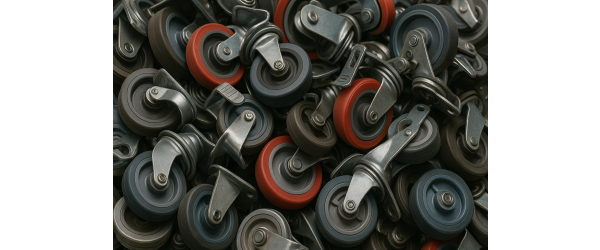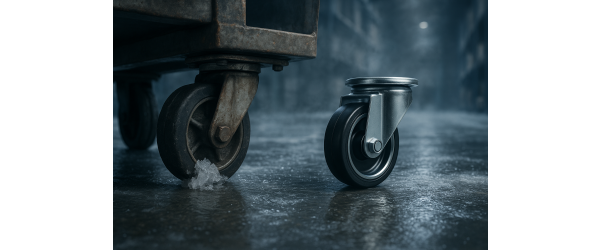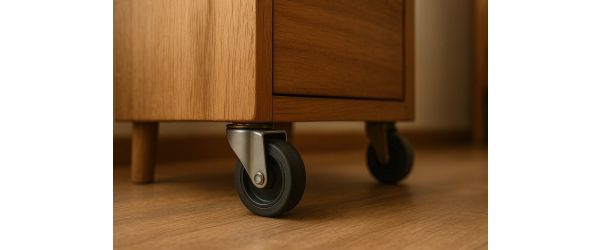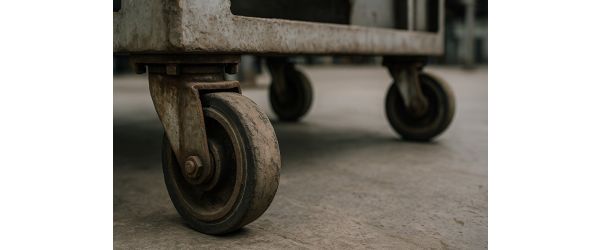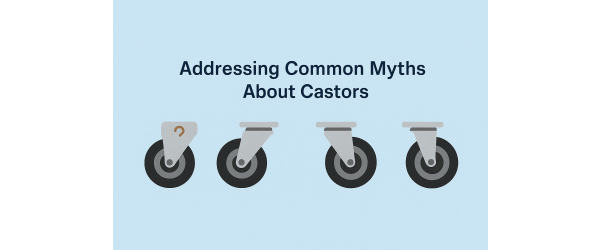When it comes to furniture mobility, the choice of wheels plays a significant role in ensuring smooth movement and preventing damage to floor surfaces. Whether you're furnishing a home, office, or commercial space, selecting the right wheels for your furniture is essential for both functionality and floor protection. In this comprehensive guide, we'll explore the factors to consider when choosing furniture wheels for different floor surfaces, helping you make the best decision for your space.
Understanding Furniture Wheels
Furniture wheels, also known as castors, come in various sizes, materials, and designs to suit different applications and floor types. Here are some key considerations when selecting furniture wheels:
- Size: Choose the appropriate wheel size based on the weight and dimensions of the furniture, as well as the desired mobility and clearance.
- Material: Common wheel materials include rubber, plastic, nylon, and metal. Each material offers unique characteristics in terms of durability, traction, and floor protection.
- Design: Furniture wheels come in different designs, including swivel, fixed, and locking wheels. Swivel wheels provide multidirectional movement while locking wheels offer stability when needed.
Selecting Wheels for Different Floor Surfaces
- Hardwood Floors: For hardwood floors, opt for soft rubber or polyurethane wheels to prevent scratching or denting. These materials offer excellent traction and floor protection without leaving marks.
- Carpeted Floors: Choose wheels with a larger diameter and broader tread for easy rolling on carpeted surfaces. Hard nylon or plastic wheels are ideal for carpeted floors, providing smooth movement without getting stuck in the fibres.
- Tile or Laminate Floors: Look for wheels with non-marking rubber treads or soft polyurethane coatings to protect tile or laminate floors from scratches and scuffs. Avoid hard metal or plastic wheels that can cause damage.
- Concrete or Industrial Floors: For heavy-duty applications on concrete or industrial floors, consider wheels with metal or reinforced nylon construction for durability and load-bearing capacity. Ensure the wheels have sturdy bearings and adequate shock absorption.
Maintenance Tips
Regardless of the floor surface, proper maintenance of furniture wheels is essential to ensure longevity and optimal performance. Here are some maintenance tips to keep your furniture wheels in top condition:
- Regularly clean the wheels to remove dirt, debris, and buildup that can affect movement and traction.
- Lubricate wheel bearings periodically to ensure smooth rotation and prevent squeaking or stiffness.
- Check wheel attachments and fastenings regularly to prevent loosening or detachment.
- Inspect wheels for signs of wear or damage and replace them promptly to prevent further issues.
Conclusion
Choosing the right furniture wheels for different floor surfaces is essential for preserving both your furniture and your floors. By considering factors such as wheel size, material, and design, you can ensure smooth movement, floor protection, and long-term durability. For a wide selection of high-quality furniture wheels and accessories, visit Castors-Online.co.uk and find the perfect wheels for your space.
